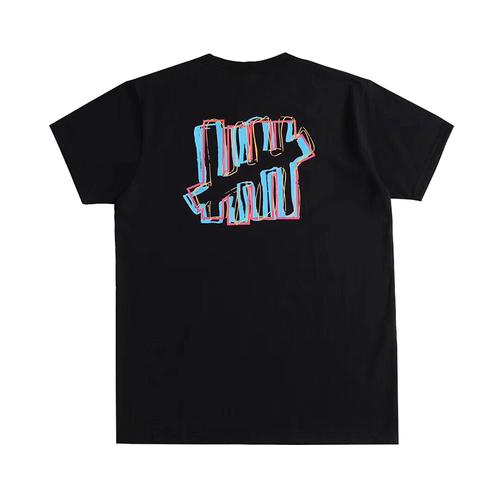In haze weather, protective jackets are very important. Reasonable selection of materials can effectively block the intrusion of fine particles. The following are detailed instructions on how to scientifically select materials to protect jackets:
1. Material selection principles: When selecting materials, the following principles should be considered:
a. High density: Choosing fabrics with high density can effectively block the intrusion of fine particles. Because fine particles tend to have smaller diameters, they have a greater chance of entering the inside of clothing through gaps. High-density fabrics can reduce gaps, thereby reducing the intrusion of fine particles.
b. Antistatic: Some fabrics have antistatic functions, which can reduce the adhesion of fine particles on the surface of the fabric. This reduces the adsorption and accumulation of fine particles and keeps the coat clean.
c. Breathability: Try to choose fabrics with good breathability, which can reduce the discomfort of the human body when wearing the jacket and improve comfort. Fabrics with good breathability can make sweat evaporate faster and reduce the impact of moisture on the body.
2. Common materials: The following are several common materials suitable for protective jackets in haze weather:
a. GORE -TEX: GORE-TEX is a thin, light, highly watertight and highly breathable fabric composed of various special fibers. It can effectively block the intrusion of fine particles and at the same time has good breathability.
b. N95 fabric: N95 fabric is a medical-grade high-efficiency filter material that can effectively filter fine particles and harmful substances in the air. This fabric is used in some protective masks and gowns.
c. Windproof velvet fabric: Windproof velvet fabric is usually specially treated to have excellent wind-blocking performance, while also providing certain waterproof performance and breathability. It can effectively block the intrusion of fine particles.
3. Add a protective layer: In addition to choosing appropriate materials, you can also consider adding a protective layer to further block the intrusion of fine particles. For example, adding a layer of dust-proof and anti-haze film inside the jacket can effectively filter fine particles without affecting breathability. In addition, you can also choose clothing with anti-dust and haze treatment according to your needs.
4. Pay attention to cleaning and maintenance: Jackets used in haze weather are prone to adhesion of fine particles, dust and other pollutants, so they must be cleaned and maintained regularly. maintainance. Depending on the fabric, choose the appropriate cleaning method, follow the cleaning instructions carefully, and make sure the coat is completely dry before use.
In short, the key to protecting your jacket in hazy weather is scientific selection of materials. Reasonable material selection can effectively block the intrusion of fine particles. High density, antistatic and breathability are important material selection principles. Common materials include GORE-TEX, N95 fabrics and windproof velvet fabrics. Additionally, consider adding a protective layer to further enhance the barrier effect. Clean and maintain the coat promptly after use to ensure its durability.





